Myanmar’s junta and a key opposition group have signaled they will extend a cease-fire to allow more aid efforts following a devastating earthquake, Malaysian Prime Minister Anwar Ibrahim said Friday after rare high-level talks.
The country has been gripped by escalating conflict since the military ousted the elected government in 2021 and established the State Administration Council.
In late March, a 7.7 magnitude earthquake struck Myanmar, killing more than 3,600 people and triggering a deepening humanitarian crisis.
Anwar, who also chairs the Association of Southeast Asian Nations, or ASEAN, held talks beginning Thursday with Myanmar’s junta chief, Senior Gen. Min Aung Hlaing, and with the shadow National Unity Government, or NUG, which is battling the military.
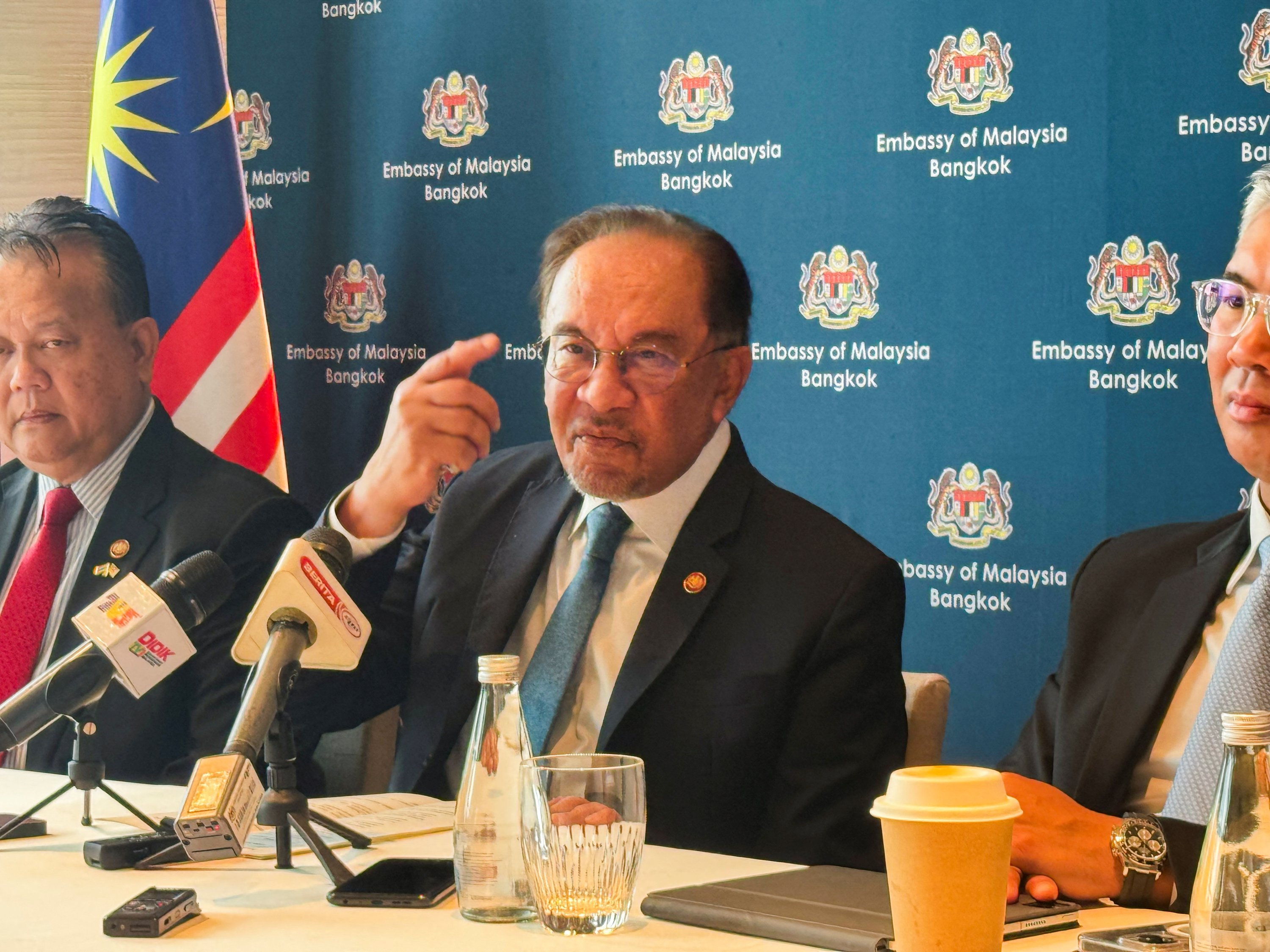
The goal was to curb the conflict and enable aid to enter the country.
“There will be a cease-fire and no unnecessary provocations, because otherwise the whole humanitarian exercise would fail,” Anwar told reporters in Bangkok.
“My initial exchange with both the SAC prime minister and NUG has been very successful,” he said.
Following the March earthquake, Myanmar’s junta declared a 20-day cease-fire on April 2, mirroring a similar announcement by the NUG. More than 3.5 million people have already been displaced by the civil war, with the economy in tatters.
However, the junta has continued military operations in some areas, including airstrikes, according to the United Nations and other monitoring groups.
During talks with the NUG, Anwar said ASEAN would continue dialogue with both sides and ensure that humanitarian aid reaches affected areas, regardless of who controls them.
“We understand that ASEAN, in its role as a regional body, may seek to engage with all actors involved in Myanmar’s situation,” a NUG spokesperson told Reuters. “However, it is crucial that such engagement does not grant legitimacy to the military junta led by Min Aung Hlaing.”
Thailand’s Foreign Ministry said Anwar’s approach aligns with its own stance on Myanmar – that a cessation of conflict is essential for humanitarian assistance to succeed.
“This is a positive first step for ASEAN to engage with Myanmar,” ministry spokesperson Nikorndej Balankura said Friday.
Push for peace and polls
Anwar’s decision to directly engage with the junta – despite years of ASEAN barring Myanmar’s generals from high-level meetings for failing to comply with a peace plan – could offer a potential opening for resolving the crisis, analysts said.
Fuadi Pitsuwan, a political scientist at Bangkok’s Thammasat University, said Anwar should broaden the talks to include four of Myanmar’s oldest ethnic armed organizations, which control large swaths of borderland territory.
“They are critical stakeholders in any viable peace process,” he said.
Anwar reiterated that the 10-member ASEAN bloc – which includes Brunei, Cambodia, Indonesia, Laos, Malaysia, the Philippines, Singapore, Thailand, and Vietnam – remains focused on implementing its five-point peace plan for Myanmar.
“We will continue to engage all parties in support of peace, reconciliation and the well-being of the people of Myanmar,” he said in a Facebook post after the meetings.
Saw Taw Nee, spokesperson for the Karen National Union, a major ethnic armed group along the Thai-Myanmar border, called on ASEAN to shift its approach.
“ASEAN leaders must give credit and recognize us,” he told Reuters.
The renewed diplomatic push comes as Myanmar’s junta plans to hold a general election in December – a vote critics call a sham designed to cement military rule through proxy candidates.
In Bangkok, Anwar emphasized the need for an inclusive, free and fair election, saying that message had been delivered to the junta, which is eager to proceed without delay.
Still, analysts warn that ASEAN must tread carefully.
“Min Aung Hlaing has shown that he cannot be trusted,” said Thitinan Pongsudhirak, a political scientist at Chulalongkorn University in Bangkok. “So ASEAN under Anwar has to be careful not to get taken for a ride.”

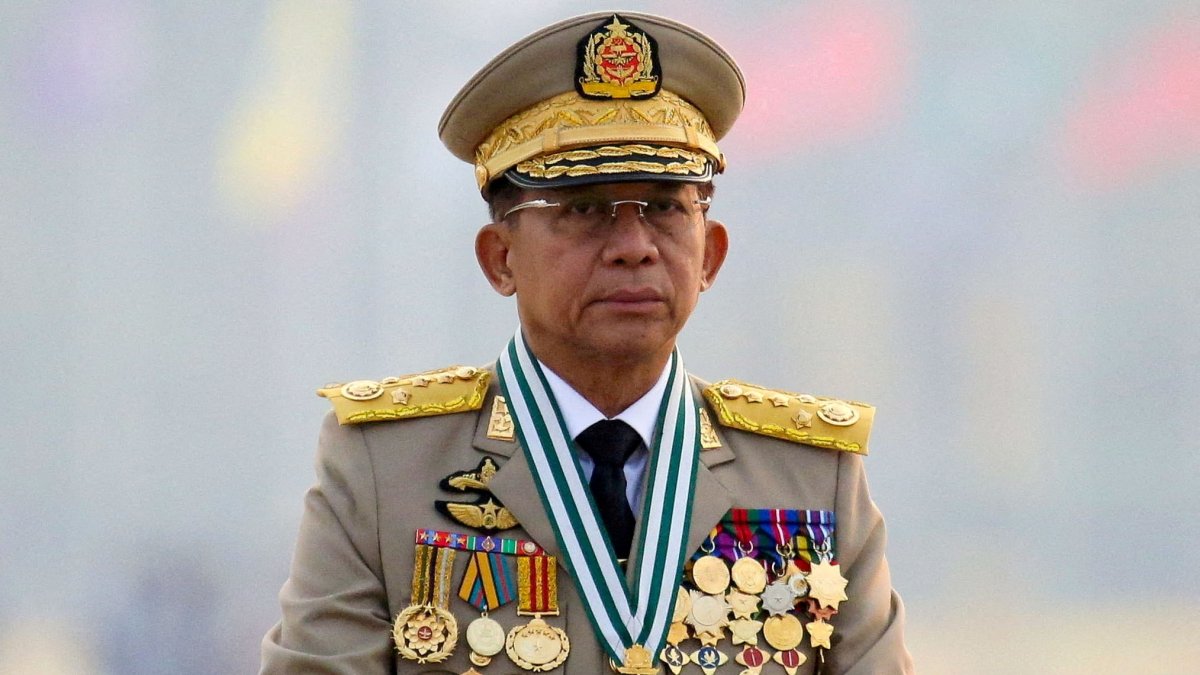
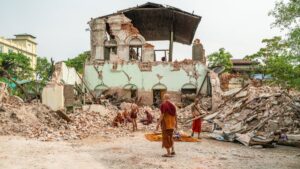



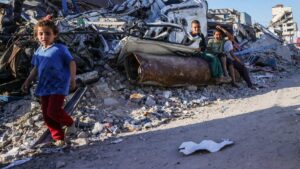
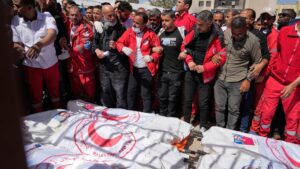
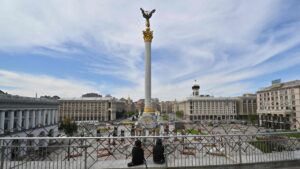

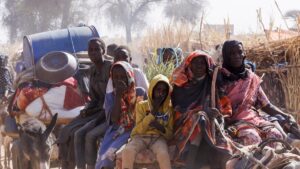
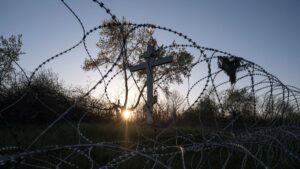
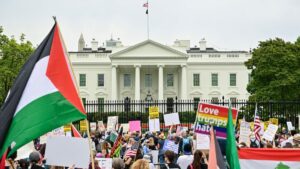
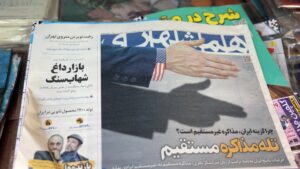
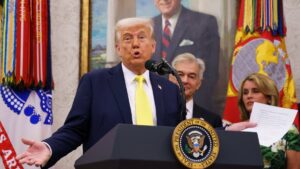
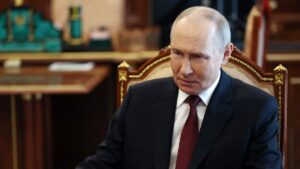
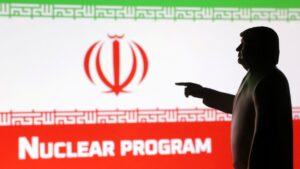
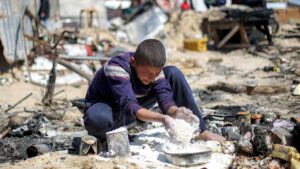
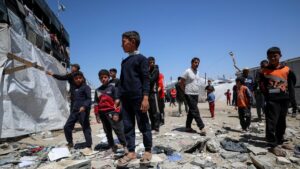
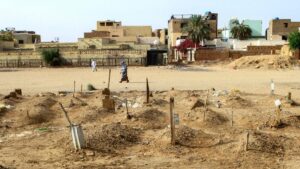

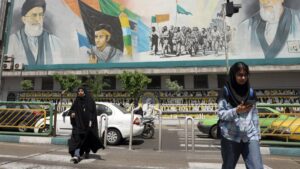
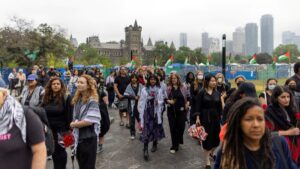
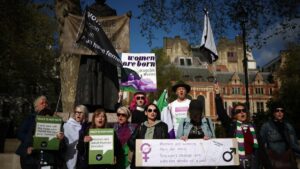
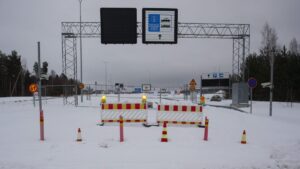
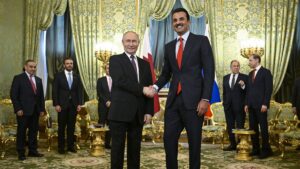
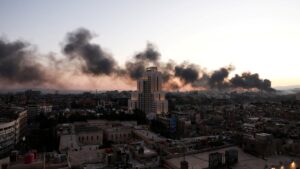
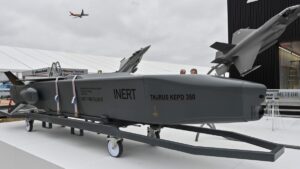

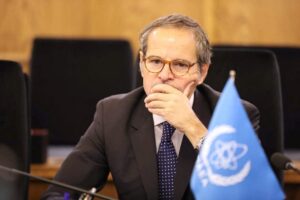
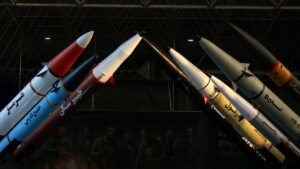
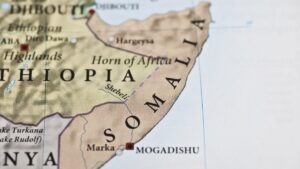
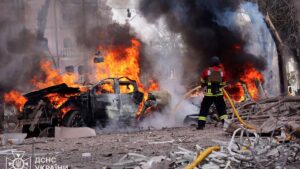

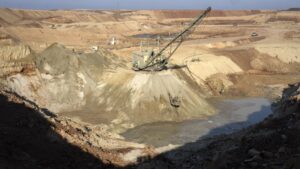
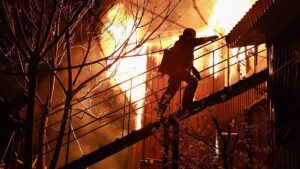
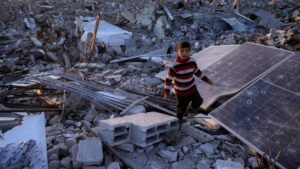
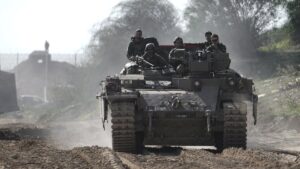
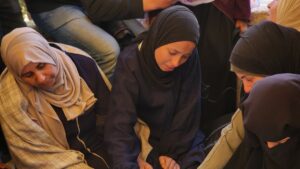
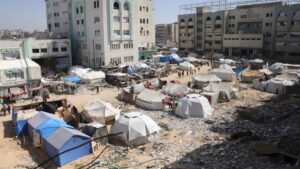
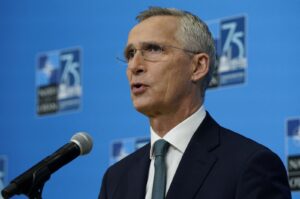



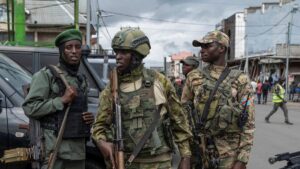

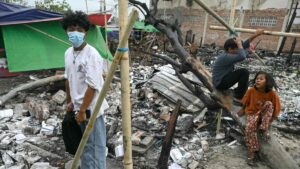

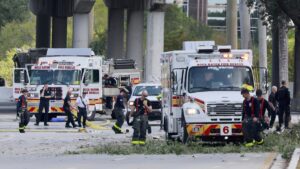
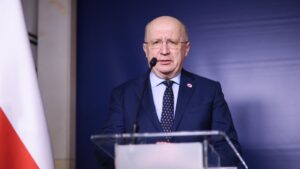

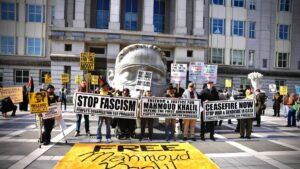
Be First to Comment